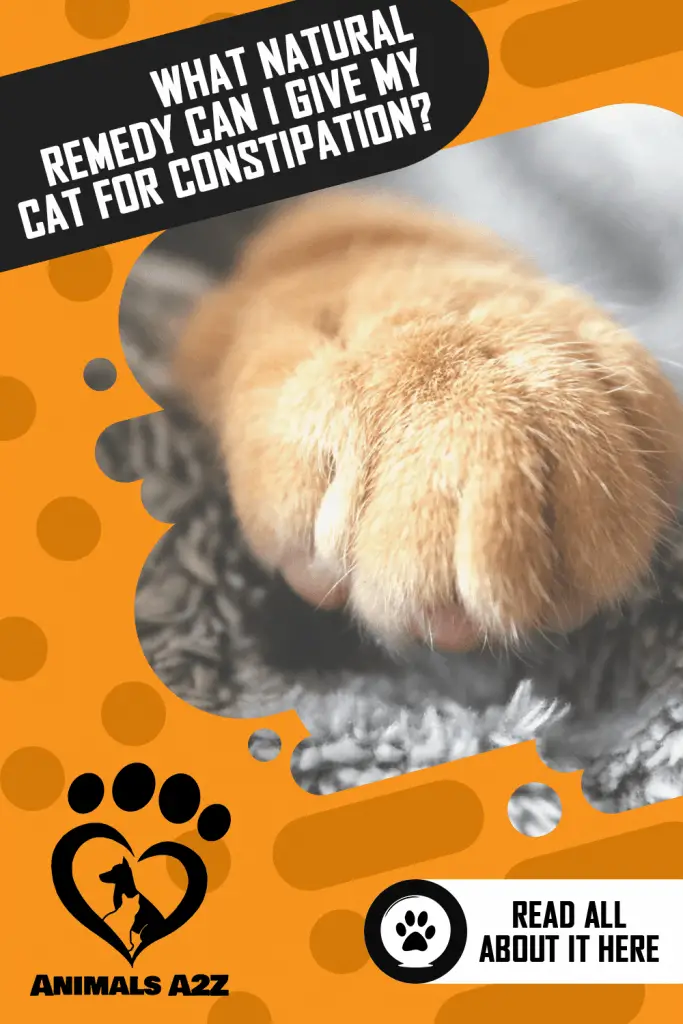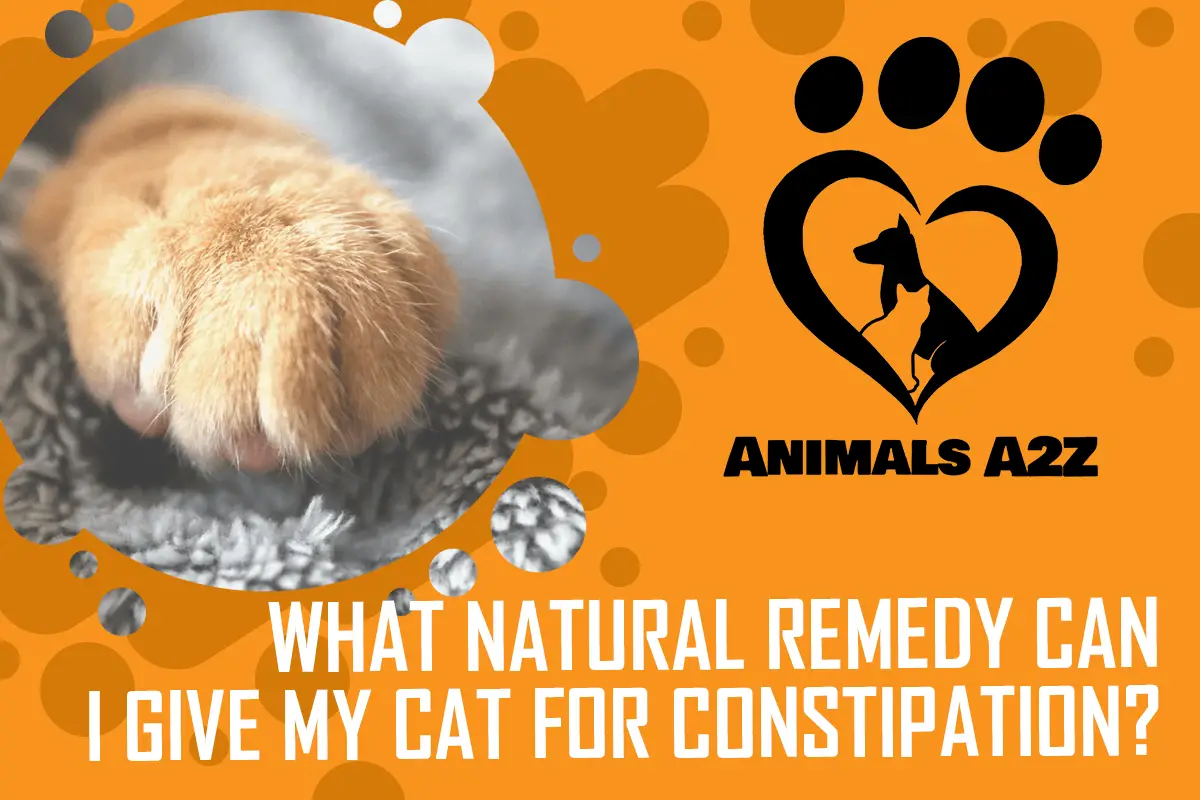If your furry pal faces any problem going to his litter box and passing a stool, then this may indicate a constipation problem. When your cat is constipated, the stool may be very hard that can cause him strain just to empty his bowels. You don’t have to worry too much though since it’s a common health concern in both adult and young cats.
Table of Contents
Some strategies to try that may help your constipated cat
Increase your cat’s water intake
Make sure that your feline friend always has unlimited access to fresh, clean water since dehydration is the main reason why your cat is constipated.
Brush your cat regularly
While most cats can groom themselves well, the truth is that brushing your cat regularly can help curb hairballs and eventually lessen the chance of feline constipation. As a matter of fact, excess fur in the GI tract of your cat can possibly cause this ailment, which is why brushing him a few times a day or bringing him to a professional cat groomer may help if you do not have enough time to lend a helping hand.
Encourage your cat to exercise
Lack of movement or activities can also mean that the muscles are not working well in the colon of your cat and this can only worsen the situation. In order to help your cat, get him moving by offering engaging cat toys and by encouraging him to jump, chase things around, and roll.
Natural remedies to help your constipated cat
Help your cat ease constipation with these natural remedies, but before doing so, make sure to consult with your veterinarian first before you introduce new foods into your cat’s diet. If you notice your feline friend is having difficulties in eliminating stool try these after talking to your veterinarian about appropriate amounts and additions.
Fiber-rich foods
Fiber is very important for your cat and sadly, this substance is usually lacking in regular cat diets. Some fiber-rich foods you can try are over-the-counter products like Metamucil or psyllium and bran cereal. Adding some of these to the food of your cat every day can help him regulate bowel movement. Make sure to talk to your vet first before trying this for your pet’s elimination woes.
Pumpkin
A teaspoon of pureed, canned pumpkin given to your constipated cat once or twice daily might also help your cat get the fiber he needs. You can add some of this to your cat’s food any time, most especially if you see that your cat is having a really bad time with elimination.
Ginger
Experts consider ginger as a good herbal remedy for your cat. However, it’s still advised that you check with your vet first before you give your cat a small amount of ginger for a short duration of time. Ginger can be easily mixed into the food of your cat once daily in order to help set his digestive tract in motion.
Licorice
Just like ginger, this root has natural properties that work well as a laxative. One dose of licorice (usually 2ml depending upon the weight of your cat) can be giving during night time for overnight constipation relief.
Canned food
Hard kibble doesn’t have any moisture at all and this can be one of the many reasons why your cat is constipated. To remedy your cat’s condition, try weaning your cat from dry cat food and feed him only wet canned food variety. Be patient though, since the transition period to a new kind of cat food could take a week or two.
[crp]
Common questions about what natural remedy you can give your cat for constipation
What is a natural laxative for cats?
Adding a pinch of psyllium at every meal of your cat is helpful. If your feline friend gets hairballs, you can add a non-petroleum hairball remedy to your cat’s meal in order to help the hairball pass through your cat’s GI tract. Some felines may also need a natural laxative like aloe vera juice, ginger, or licorice, added to their daily diets.
How can I stimulate my cat to have a bowel movement?
If your cat is eating meat, try mixing some water into his food to increase hydration. Make sure to keep your cat moving and active during the day to stimulate his bowel movement. You can also gently massage his tummy, bicycle his legs, and encourage him to walk to get things inside his tummy moving.
Can massage help a constipated cat?
Abdominal massage in cats decreases colonic transit time, encourages peristalsis, reduces the pain and discomfort of chronic feline constipation, and increases bowel movement frequency in constipated feline patients. Along with the natural laxatives that you can give your cat, massaging his tummy for a happy belly can definitely ease his elimination woes.
Conclusion
All the natural remedies we have listed above are actually proven effective by most cat parents. However, if none of these natural treatments work for your cat and he’s still in pain when trying to eliminate, then it may be the right time to seek professional medical advice from your veterinary team.


